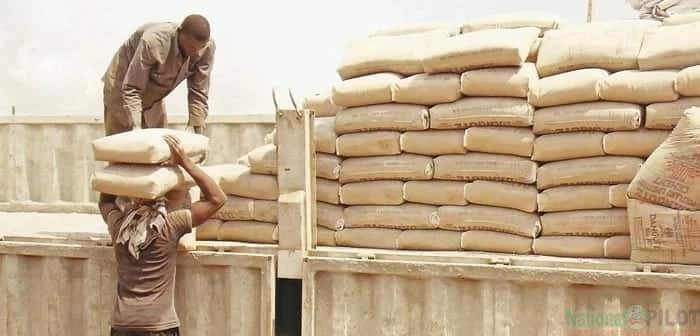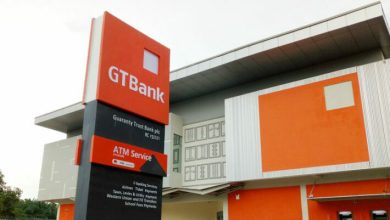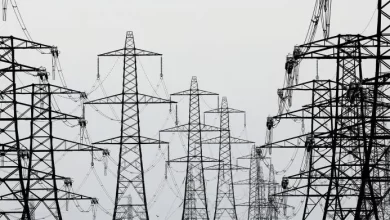Kwarans lament as cement prices hit N4,600

By Mike Adeyemi
Builders, dealers, block manufacturers and workers in the building construction industry in Kwara state are not out of the woods yet, as prices of cement continue to rise in the building materials market.
The price hike has also unsettled low-income earners, middle-class businessmen and civil servants who have plans to build houses.
The development has triggered a surge in housing prices and the overall cost of construction projects. Aside from the cost of land, to develop a moderately furnished one-bedroom apartment would cost about N3 million.
Checks my our National Pilot revealed that cement prices rose by 44 per cent in less down a year, impacting prices of other products like blocks, rings and others, which utilise cement as a major ingredient for production.
Within the past six months, the price of cement rose from N3, 200 to N4, 600.
A market survey conducted by our reporter across Ilorin metropolis showed that the price for a 50kg bag hovers around N3, 800 and N4, 600 respectively.
A cement dealer along Cemetery Road, Osere, Isiaq Garba, noted that the increase current price hike is coming from the factory.
“The price of cement has been fluctuating lately but since the price went up, it has remained high. It is also a known fact that whenever the festive period approaches, prices of cement usually go up.
“Despite the increase, people are still buying because they don’t have an alternative,. The prices change on a daily basis, so as we are talking now, I cannot guarantee the prices it will be sold tomorrow,” Garuba laments.
To corroborate this claim, another dealer, Olusegun Iyanda , said many customers had stopped coming.
“We have so many challenges in this business. Before the increase, customers expected the price to go, but I was shocked when I was told of the increase when I went to restock. I believe the hike is from distributors.”
Iyanda added that he used to get customers who purchased 40 to 50 bags at a go, but that it had changed, expressing fear that the situation would put a strain on his purchasing capacity.
The manager of a block factory, Isiaq Ibrahim , said his company still ordered for cement, but that the price increase had affected the number of blocks she sold daily.
Isiaq explained that, “A six-inch block was N160 and a nine-inch was N180, but now we sell at N220 and N240 respectively.”
Although his customers still patronise him, he said the sales volume had dwindled as those who used to buy over 5,000 blocks in a day had reduced the number to about 500 due to the hike in cement price and consequently the hike in the price of concrete blocks.
He added, “I still try to produce the same quantity as before even though I am not selling much. I have two block factories, but I stopped production in one of them, and this is affecting not only me but also some of my workers that have been asked to go.”
Another dealer fondly call Ijesa, said although there was no particular reason attributed to the escalating prices from the producers, he stressed that it is not unconnected with the inflation trend in the country, which has impacted the prices of goods and services across board.
He said the manufacturers attributed the hike to several challenges such as rising cost of materials, rising prices of gas, cost of distribution, increasing cost of servicing equipment like cement plants, electricity issues and other operational impediments.
Ijesa added that the forces of demand and supply have also been a main driver to the hike. But industry experts say getting a lower price for cement is the best way to lower the cost of building construction.





